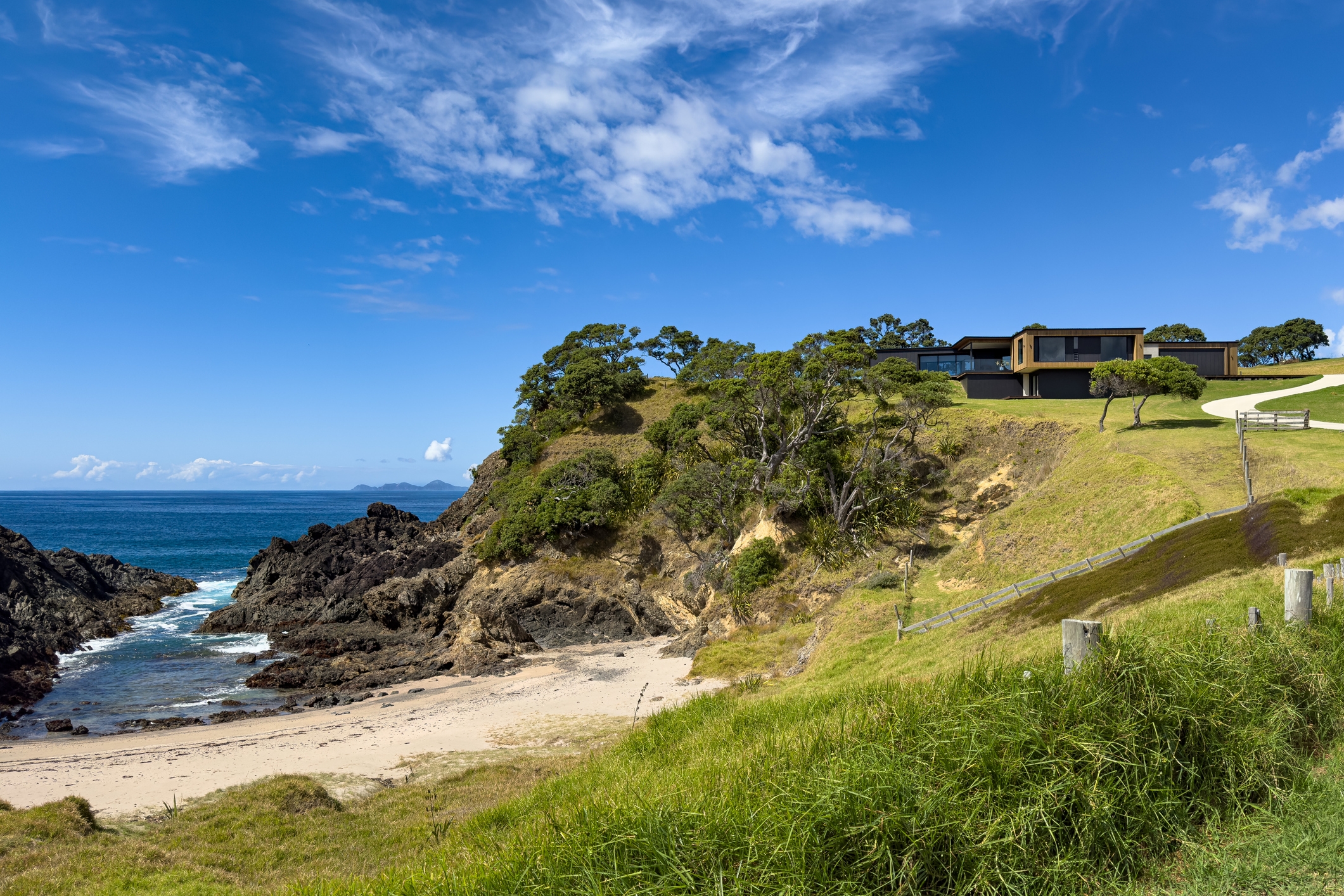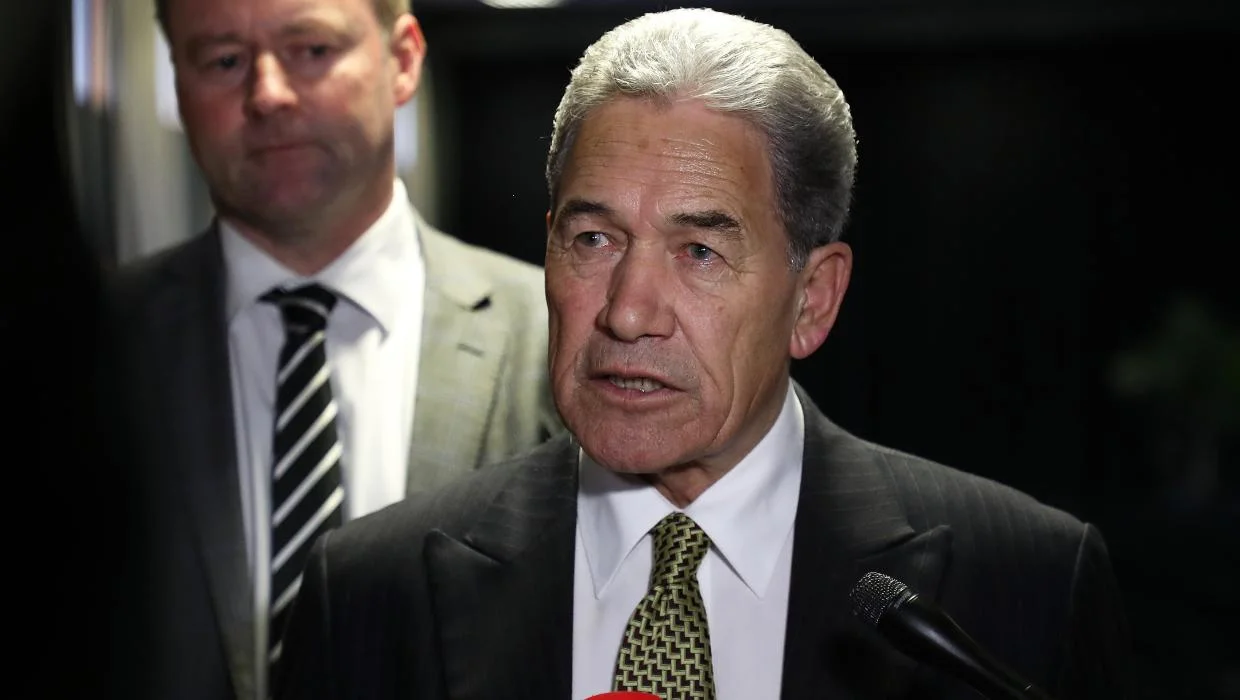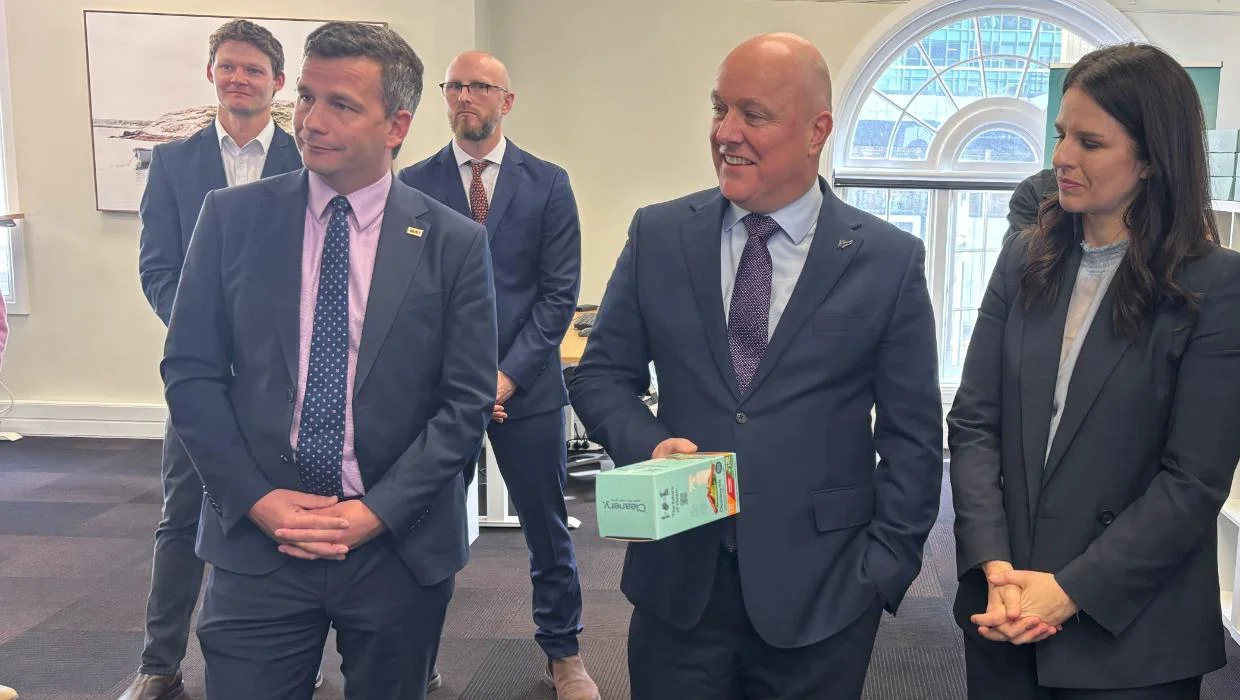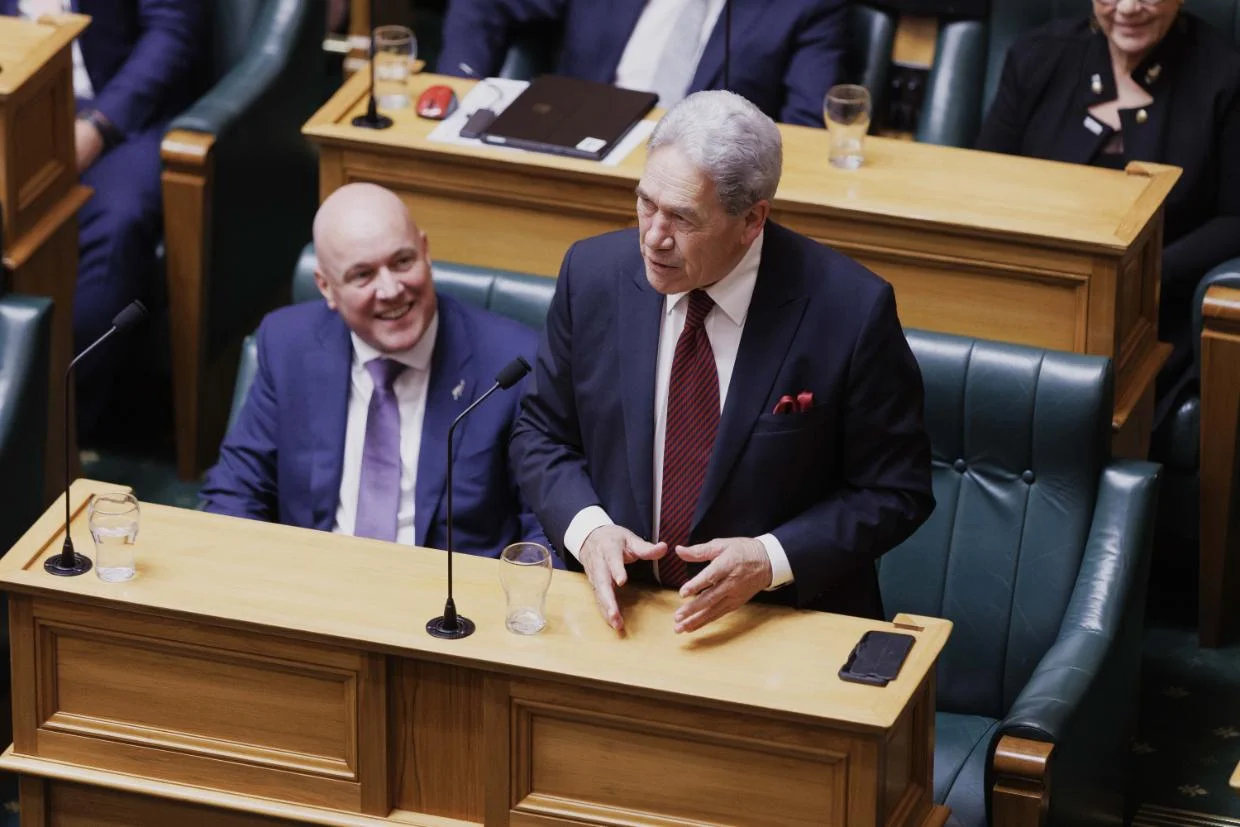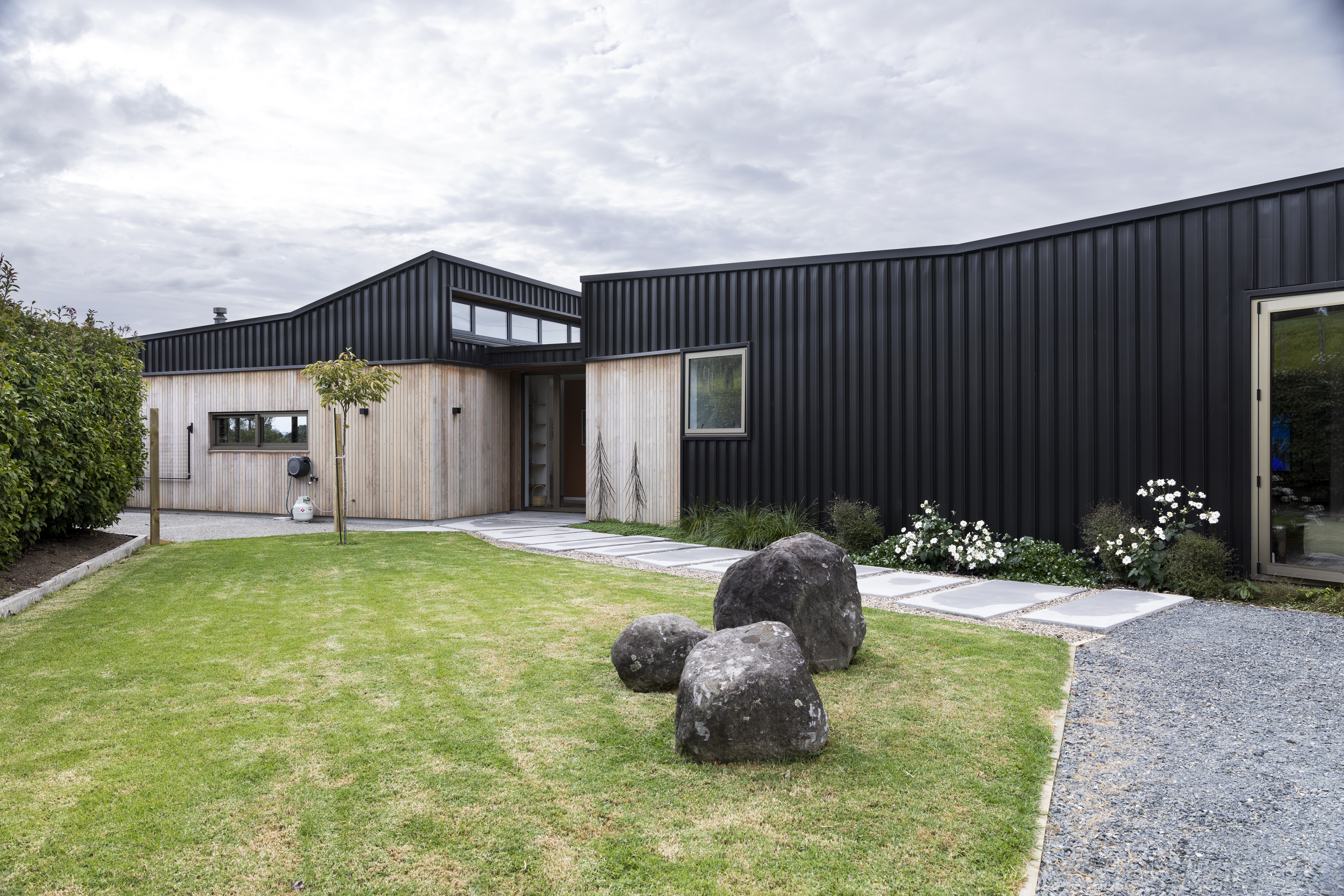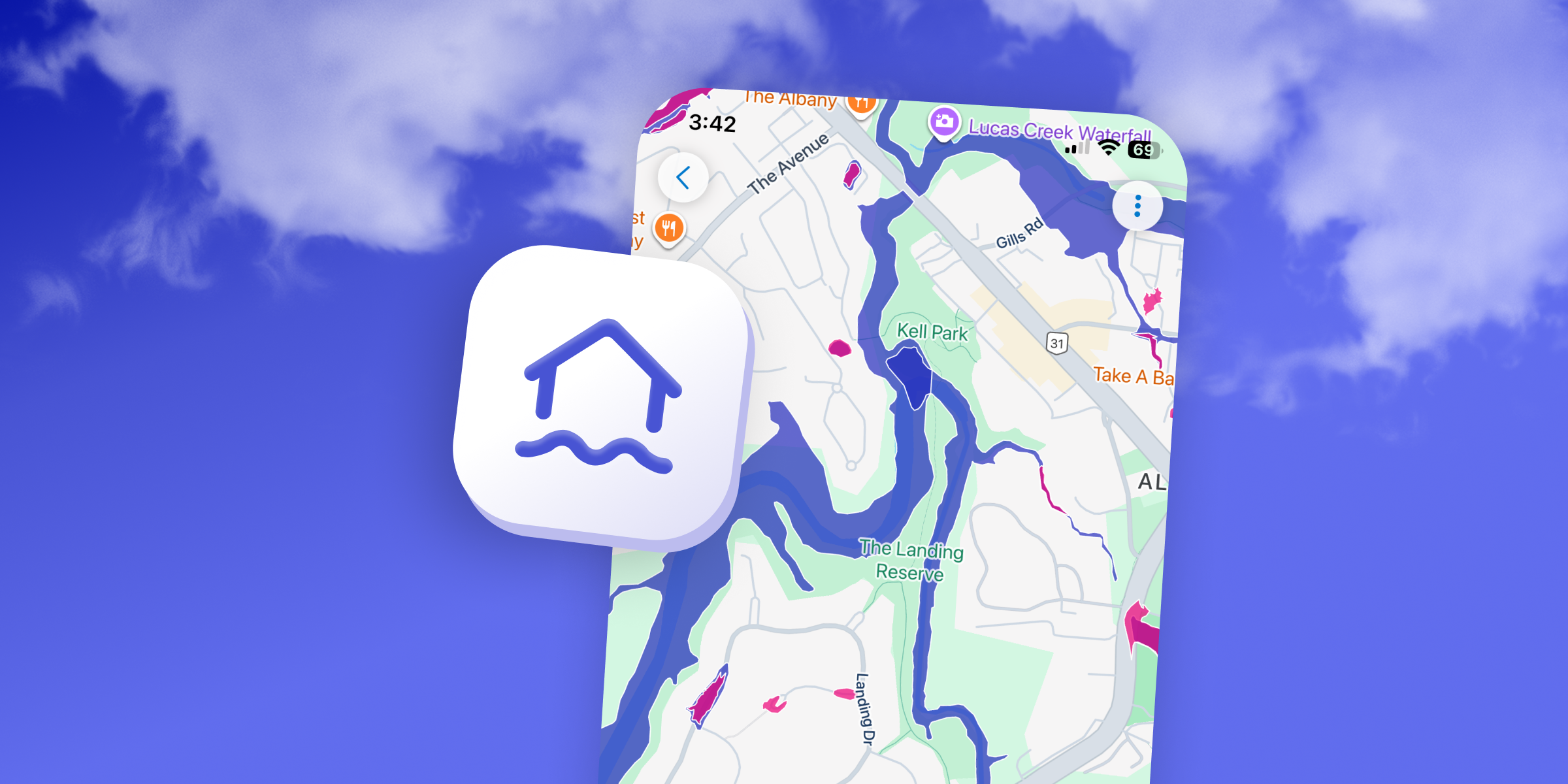Explore
Wealthy foreign investors allowed to buy luxury homes in New Zealand
New Zealand Prime Minister backs $5m property path to lure big investors
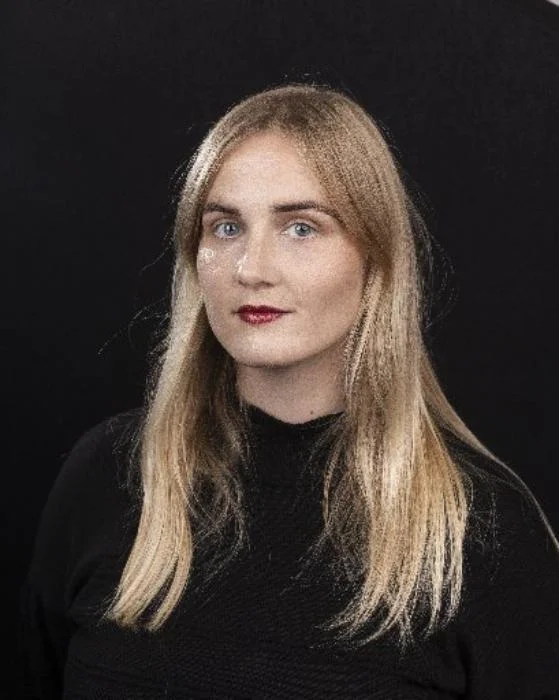
New Zealand First leader Winston Peters has previously opposed foreign home ownership.
Prime Minister Christopher Luxon was joined by deputy PM David Seymour and Immigration Minister Erica Stanford for the announcement.
National and NZ First had differing views on foreign investment
Opposition says it will drive up housing costs
Author
Search
Other articles you might like
